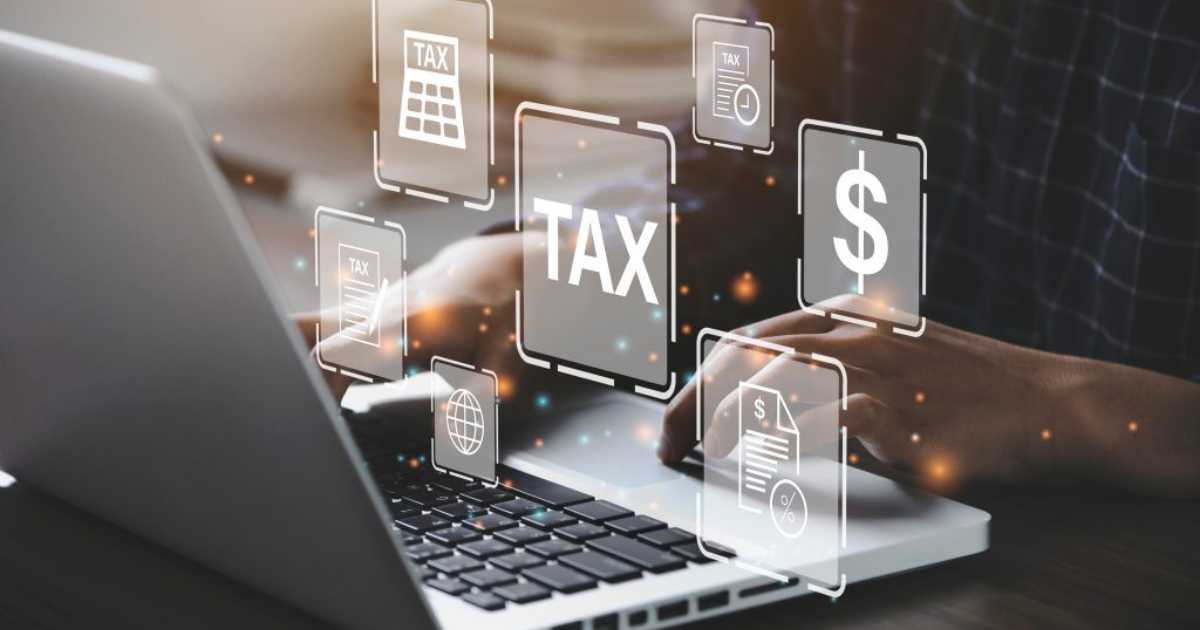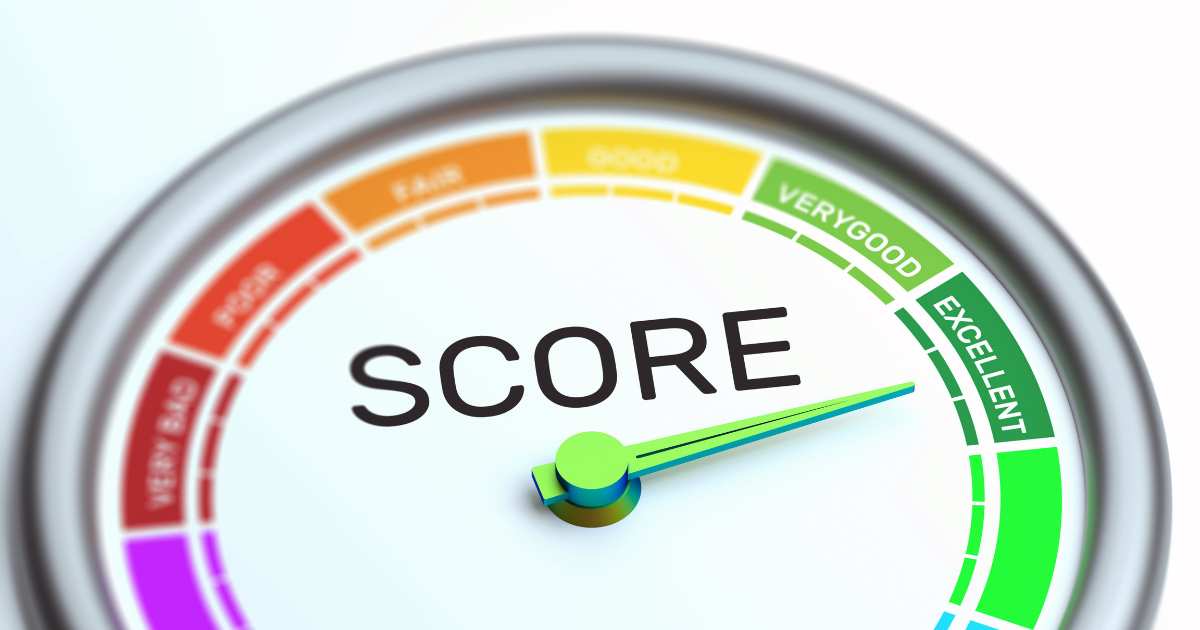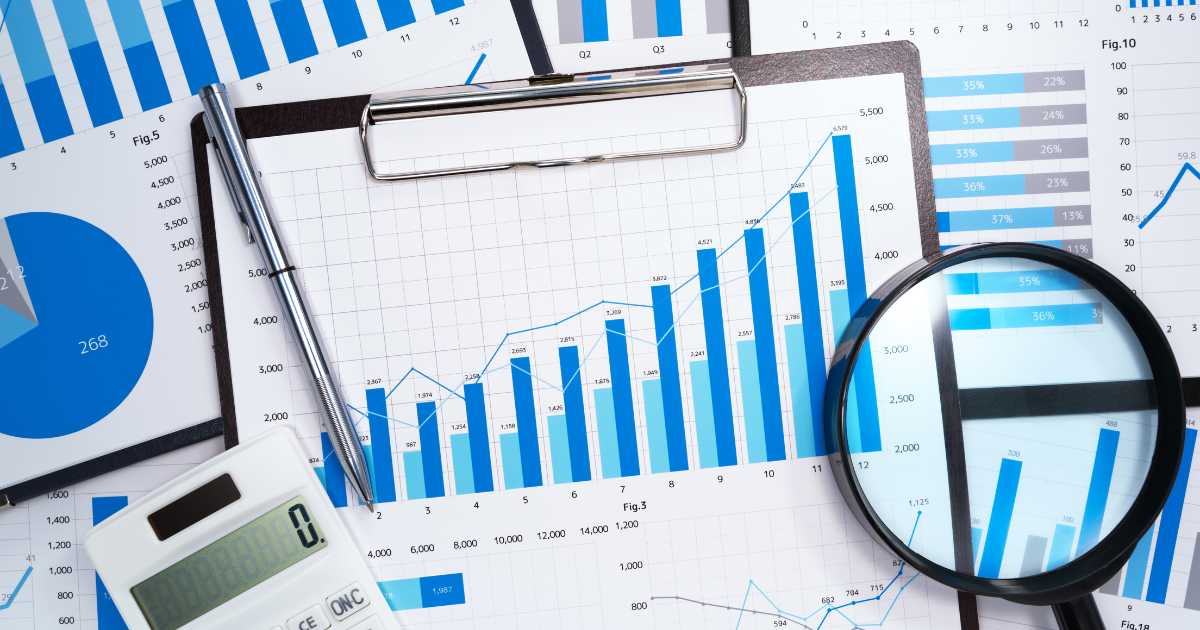
Understanding small business tax is an essential part of being an entrepreneur. While tax is unavoidable, knowing the right small business tax route can save you money and help you access tax benefits.
In this guide, we’ll break down everything small business owners need to know about tax and what kind of tax applies to them.
Small Business Tax Rates
Small businesses that have a turnover of less than R 1 million per annum qualify for turnover tax. This is a simplified tax system that works off the taxable turnover of a business. This system applies to:
- Sole proprietors
- Partnerships
- Close corporations
- Companies
- Co-operatives
According to SARS, the turnover tax rate for micro-businesses is:
| Turnover (R) | Rate Of Tax (R) |
| R 0 – R 335 000 | 0% |
| R 335 001 – R 500 000 | 1% of each R 1 above R 335 000 |
| R 500 001 – R 750 000 | R 1 650 + 2% of the amount above R 500 000 |
| R 750 001 and above | R 6 650 + 3% of the amount above R 750 000 |
If your small business is registered as a company and it meets certain qualifying requirements, you can register as a small business corporation (SBC). SBCs can access extra tax incentives, including a reduced tax rate.
According to SARS, the small business tax rates are as follows for the current financial year:
| Taxable Income (R) | Rate Of Tax (R) |
| R 1 – R 91 250 | 0% of taxable income |
| R 91 251 – R 365 000 | 7% of taxable income above R 91 250 |
| R 365 001 – R 550 000 | R 19 163 + 21% of taxable income above R 365 000 |
| R 550 001 and above | R 58 013 + 28% of the amount above R 550 000 |
Small Business Tax Requirements
It’s important to understand what type of small business tax you qualify for. All businesses need to maintain clear, accurate financial records throughout each year of assessment. To do this, they should be using the right small business accounting software.
In order for your business to qualify as a small business corporation by SARS, you will need to meet the following criteria:
- Your business turnover is less than R 20 million per year
- All shareholders in the business are natural persons
- You only own one business
- Less than 20% of the business turnover comes from “investment” income
- Less than 20% of your income comes from rendering a “personal” service
In order to qualify as a micro business for turnover tax, you will need to meet the following criteria:
- The turnover of the business is less than R 1 million per year
- The business is not a “personal service provider” or a “labour broker”
- The business trades as either a sole proprietor, a partnership, a close corporation, a cooperative, or a company
- All partners in a partnership are individuals throughout the year of assessment
- The business is not a public benefit organisation, a recreational club, an association of persons, or a small business funding entity
- The business owner, partners, shareholders, members, and the business do not hold any shares or interests in a close corporation, company, or cooperative
Small Business Tax Exemption
Small business tax does not need to be paid by any business that earns below the tax threshold. As an SBC, you won’t have to pay income tax if you make a profit of less than R 70 700 per year. If you qualify as a micro business for turnover tax, you will be exempt from paying tax if your turnover is less than R 335 000 per year.
Small Business Tax Benefits
Besides getting lower tax rates, small business tax benefits allow SBCs to appreciate their assets at a faster rate than other businesses. This reduces your profit, in turn reducing your tax. SBC shareholders who pay the maximum small business tax rate on their income can access a tax benefit through a combination of salary and dividends.
Small Business Tax Deductions
SARS allows for various tax-deductible expenses, which are the expenses incurred in operating a business. These expenses can reduce the amount you pay on small business tax. Some common small business tax-deductible expenses include:
- Day-to-day business expenses (office rental equipment costs, phone costs, financial charges, insurance, etc)
- Capital expenses (business vehicles, hardware, renovations, etc)
- Education expenses
- Entertainment expenses
- Business start-up expenses
- Net operating losses
Staying on top of taxes is an essential part of running any small business. By understanding tax and preparing for it, the process doesn’t have to be a headache.
Ensure your small business is set up with the right POS system to record all sales and accurately manage revenue. As long as you have clear financial records, paying small business tax is easy.









